$223.00
1 in stock
Owen John Biljabu
Acrylic on Arches Paper
29.5cm x 42cm: Arches Fine Art Paper
Year: 2022
22-1010
Nyirti Jukurrpa
“When we was little kids, used to tell us this story. It was told by many generations – repeated. We still tell it today. One place to another, they keep on going. This one only we know – kids form the 80’s or 90’s. We grew up on the story, I’m bringing it back. White people have three little pigs, we have this one. So in the beginning there was this black goanna called yalapara. He was plain black, no colour and he was looking at himself in the reflection of the water… “I’m not pretty enough!” He wanted to look good. He came across this goanna and asked him for a favour – “if you could paint my back I can paint you black.” So, goanna did all the dots very unique, concentrating closely to the design. When yalpara looked into the reflection he said “oh he did a good job!” Goanna gave yalpara the stick and said “paint me,” but yalpara was in a hurry so he just scribbled on his back. Yalpara didn’t do a good job, he just scribbled on his back. And that’s how the Yalpara got his spots. – Owen John Biljabu The term Jukurrpa is often translated in English as the ‘dreaming’, or ‘dreamtime’. In this case, Nyirti Jukurrpa can be understood in English as children’s stories, nyirti meaning ‘the littlest one’ in Martu language. Jukurrpa refers generally to the period in which the world was created by ancestral beings, who assumed both human and nonhuman forms. These beings shaped what had been a formless landscape; creating waters, plants, animals, and people. At the same time they provided cultural protocols for the people they created, as well as rules for interacting with the natural environment. At their journey’s end, the ancestral beings transformed themselves into important waters, hills, rocks, and even constellations.
Sign up to Martumili Artists’ mailing list to receive artist news, special offers, and shop updates.




Martumili Artists warns visitors that our website includes images and artworks of Artists who have passed away which may cause distress to some Indigenous people.
Martumili Artists acknowledges the Nyiyaparli and Martu people as the Traditional Owners of the land we live and work on. We also acknowledge the Traditional Owners throughout our country and our Elders; past, present and emerging.